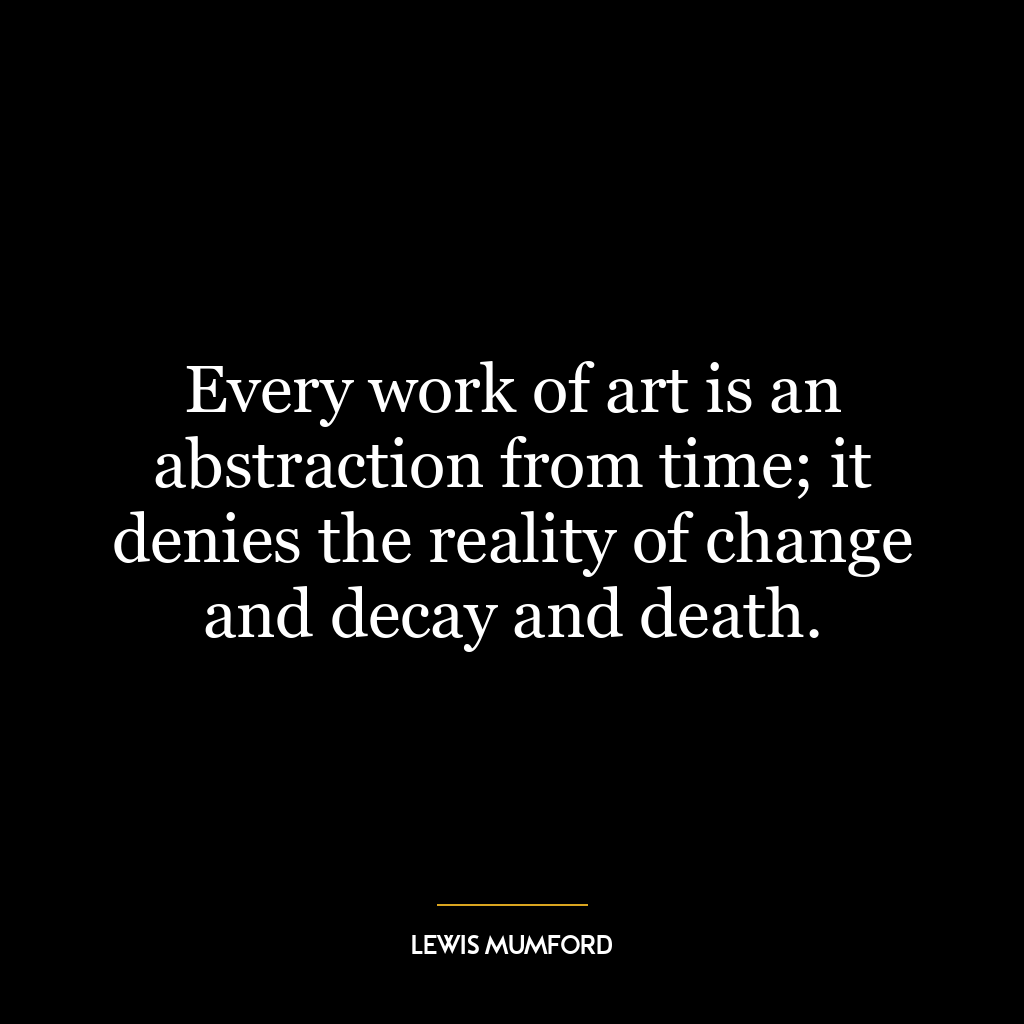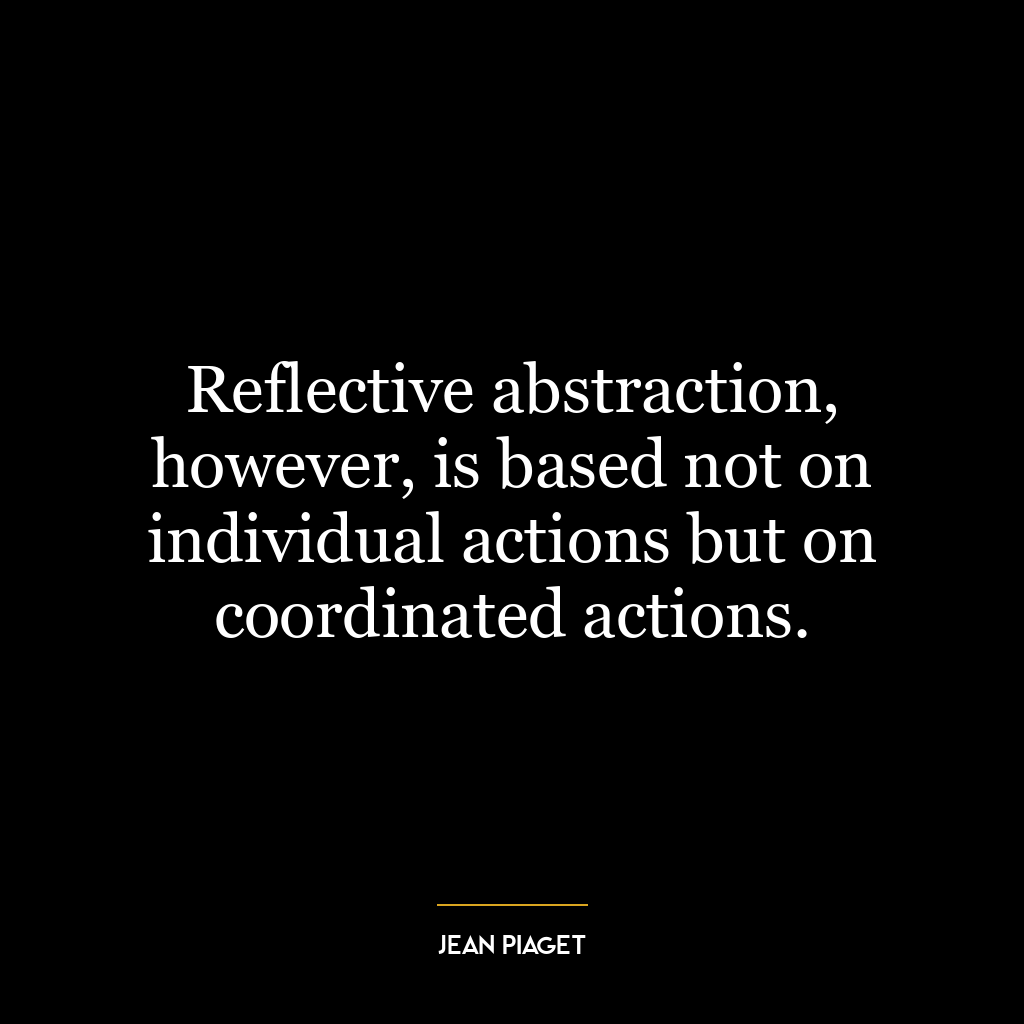This quote is about the process of refining and simplifying an idea or concept to its most fundamental elements, stripping away all the unnecessary details. In essence, it’s about finding the core of an idea, the part that truly matters, and focusing on that. This is a process of both completion—making sure the idea is fully formed and understood—and abstraction, taking the idea out of its original context to see it in a new light, from a broader perspective.
Matisse is suggesting that through this process, he has achieved a more refined and essential form of his work. The “greater completeness” refers to his comprehensive understanding of his subject, while “abstraction” refers to his ability to distill the subject to its bare minimum, retaining only what is absolutely necessary. This process allows him to present his subjects in a way that is both straightforward and deeply meaningful.
In today’s world, this idea can be applied in various ways. In business, for instance, companies often strive to simplify their products or services to provide better user experiences. They aim to remove unnecessary complexities and focus on the essential features that provide value to their customers. This can result in more streamlined, effective products.
In personal development, this concept can be applied in the pursuit of self-improvement. Often, we clutter our lives with unnecessary activities, thoughts, and possessions. Stripping away these distractions and focusing on our core values and goals can lead to a more fulfilling and meaningful life. It encourages us to prioritize what truly matters, leading to greater satisfaction and success.
In both cases, the process requires critical thinking and introspection. It’s about understanding what is truly necessary and valuable, and letting go of the rest. This is not always easy, but it is a powerful way to achieve clarity and purpose, both in work and in life.








